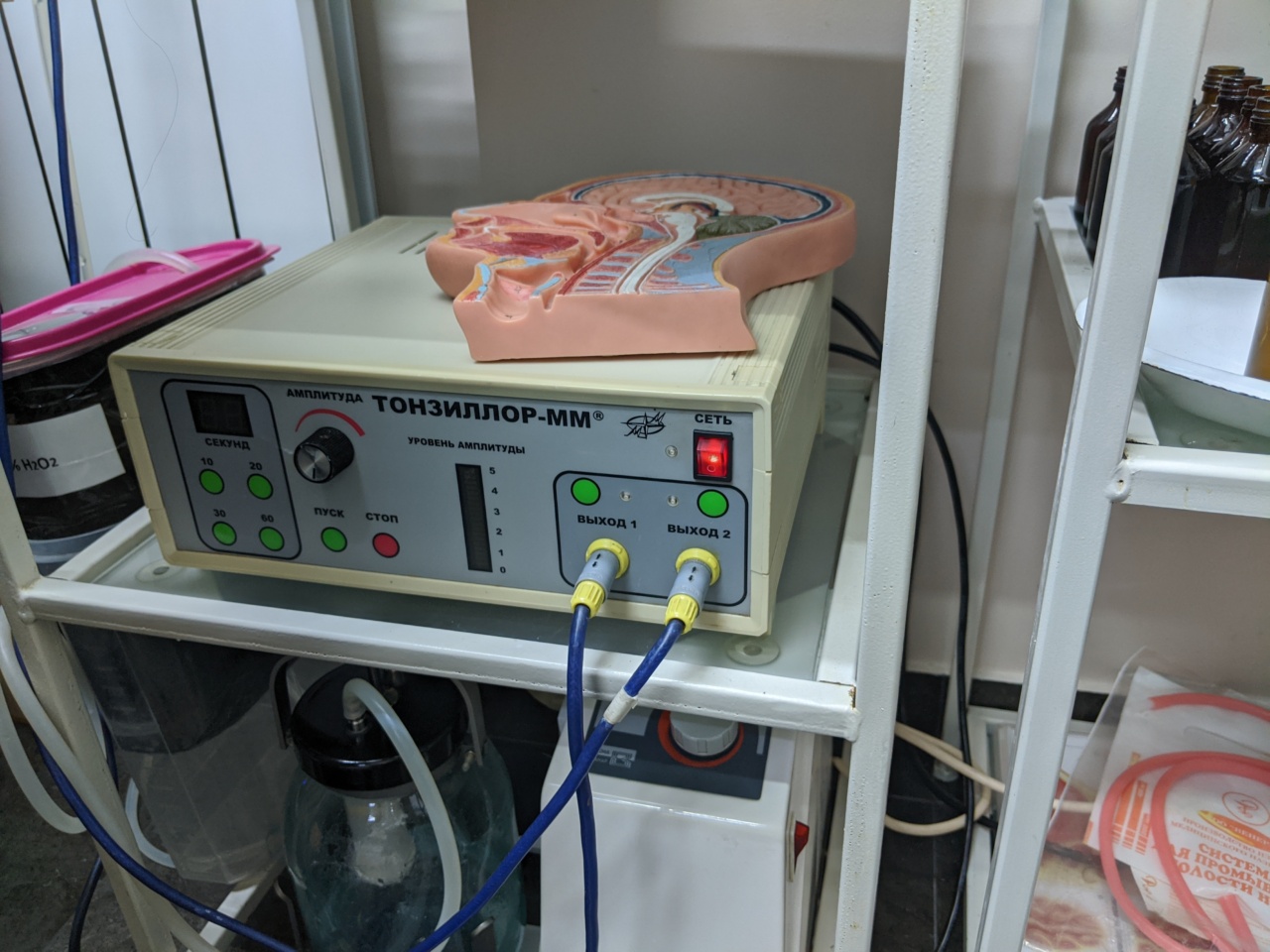Fatigue is a common symptom experienced by individuals with a variety of chronic diseases. It is often characterized by extreme tiredness, lack of energy, and a feeling of physical or mental exhaustion.
While fatigue can be a normal response to certain circumstances, such as lack of sleep or prolonged physical exertion, it can also be a sign of an underlying health issue. In this article, we will explore the correlation between fatigue and several chronic diseases, shedding light on the importance of recognizing and addressing fatigue as a potential indicator of larger health concerns.
1. Chronic Fatigue Syndrome (CFS)
One of the most obvious connections between fatigue and a chronic disease is found in Chronic Fatigue Syndrome (CFS). CFS is a complex disorder characterized by prolonged and severe fatigue that is not alleviated by rest.
Individuals with CFS often experience other symptoms such as memory problems, muscle pain, and sleep disturbances. The exact cause of CFS is unknown, but it is believed to involve a combination of factors including immune system dysfunction, viral infections, and hormonal imbalances.
CFS can significantly impact an individual’s quality of life, making it crucial for them to seek appropriate medical attention and support.
2. Fibromyalgia
Fibromyalgia is another chronic condition associated with fatigue. It is characterized by widespread musculoskeletal pain, fatigue, and tenderness in specific areas of the body.
Many individuals with fibromyalgia report feeling profoundly tired, even after a good night’s sleep. The origin of fibromyalgia is not fully understood, but it is believed to involve abnormalities in the way the brain processes pain signals.
Managing fatigue in individuals with fibromyalgia often requires a multidisciplinary approach, combining medication, physical therapy, and lifestyle adjustments.
3. Multiple Sclerosis (MS)
Multiple Sclerosis (MS) is an autoimmune disease that affects the central nervous system. Fatigue is a common and debilitating symptom experienced by individuals with MS.
It can occur as a direct result of the disease’s impact on the nervous system or due to other factors such as sleep disturbances and medication side effects. Fatigue in MS can significantly impede daily functioning and quality of life. Therefore, it is important for individuals with MS to work with healthcare professionals to develop strategies for managing and conserving energy.
4. Rheumatoid Arthritis (RA)
Rheumatoid Arthritis (RA) is a chronic autoimmune condition primarily affecting the joints. However, individuals with RA often experience systemic symptoms such as fatigue and malaise.
The underlying inflammatory process in RA can contribute to persistent fatigue. Additionally, RA-related pain and sleep disturbances can further exacerbate feelings of tiredness.
Managing fatigue in RA requires a comprehensive treatment approach, including the use of anti-inflammatory medications, physical activity, and stress management techniques.
5. Hypothyroidism
Hypothyroidism is a condition in which the thyroid gland does not produce enough thyroid hormone. Fatigue is one of the hallmark symptoms of hypothyroidism.
When thyroid hormone levels are low, metabolism slows down, resulting in fatigue, weight gain, and other symptoms. Treating hypothyroidism typically involves taking medication to replace the missing thyroid hormone and monitoring thyroid function regularly.
6. Sleep Apnea
Sleep apnea is a sleep disorder characterized by interruptions in breathing during sleep. It can lead to poor sleep quality and daytime fatigue.
Excessive daytime sleepiness is a common symptom of sleep apnea, and individuals with this condition often report feeling tired despite getting what appears to be an adequate amount of sleep. Treatment options for sleep apnea range from lifestyle changes to the use of continuous positive airway pressure (CPAP) machines during sleep.
7. Depression and Anxiety Disorders
Mental health conditions, such as depression and anxiety disorders, can also manifest as fatigue. Persistent feelings of sadness, loss of interest in activities, and anxiety can drain an individual’s energy and contribute to chronic fatigue.
Treating these conditions often involves a combination of therapy, medication, lifestyle modifications, and support networks.
8. Diabetes
Diabetes, both type 1 and type 2, can contribute to fatigue. Blood sugar imbalances can result in feelings of tiredness and lethargy.
Additionally, diabetes-related complications such as nerve damage and cardiovascular problems can further contribute to fatigue. Careful management of blood sugar levels through medication, diet, and exercise plays a crucial role in controlling diabetes-related fatigue.
9. Chronic Kidney Disease (CKD)
Chronic Kidney Disease (CKD) is a progressive condition in which the kidneys gradually lose their function. Fatigue is a common symptom experienced by individuals with CKD, particularly as the disease advances.
Kidney dysfunction can lead to anemia, fluid retention, and electrolyte imbalances, all of which contribute to fatigue. Managing fatigue in CKD requires a comprehensive treatment plan that may include medication, dietary changes, and dialysis in advanced stages of the disease.
10. Cancer
Fatigue is a prevalent symptom experienced by many cancer patients. The exact cause of cancer-related fatigue is not fully understood but is thought to be multifactorial.
Cancer treatments such as chemotherapy, radiation therapy, and surgery can induce fatigue due to their impact on healthy tissues and overall physiological stress. Emotional distress associated with cancer diagnosis and treatment can also contribute to fatigue. Integrative approaches combining medical interventions, exercise, and psychological support can help mitigate cancer-related fatigue.































